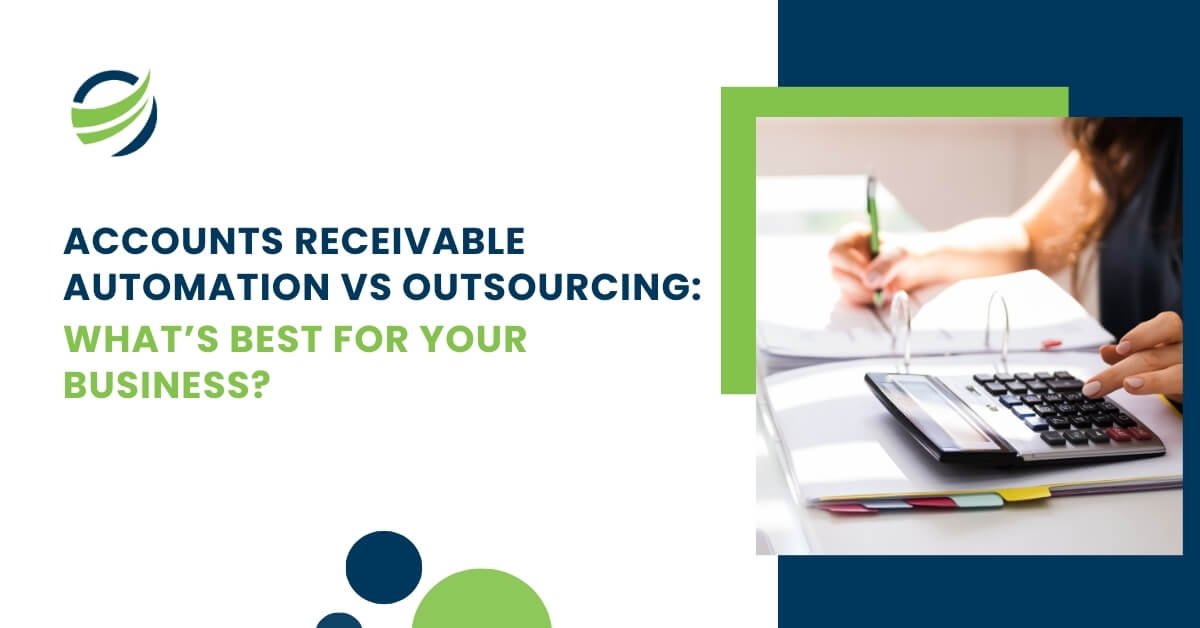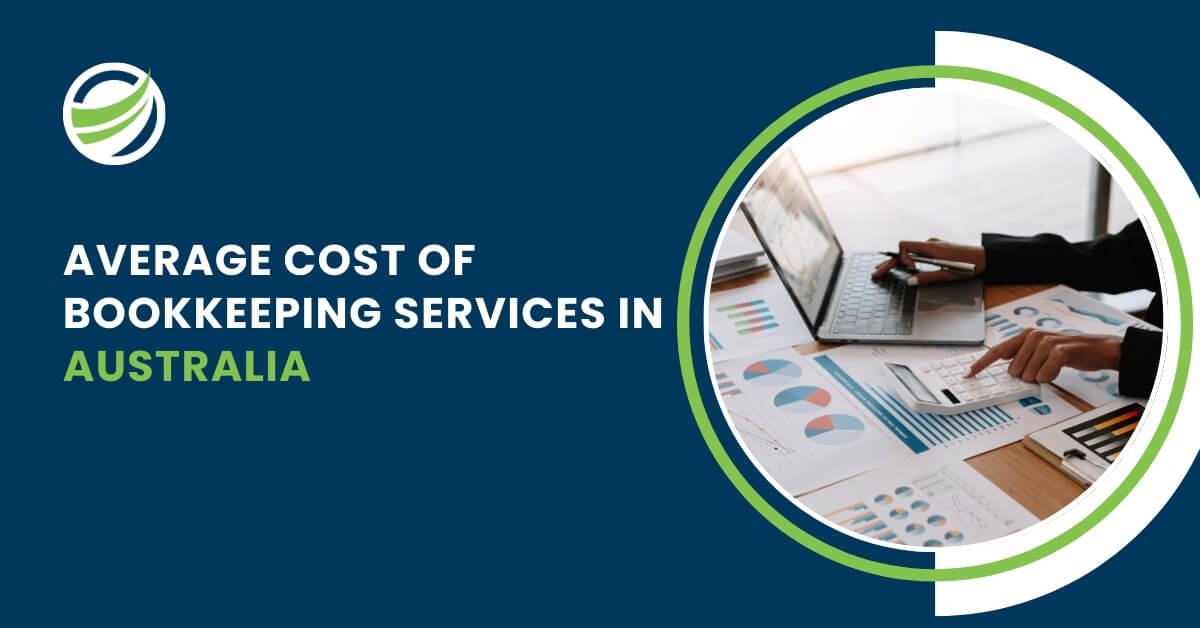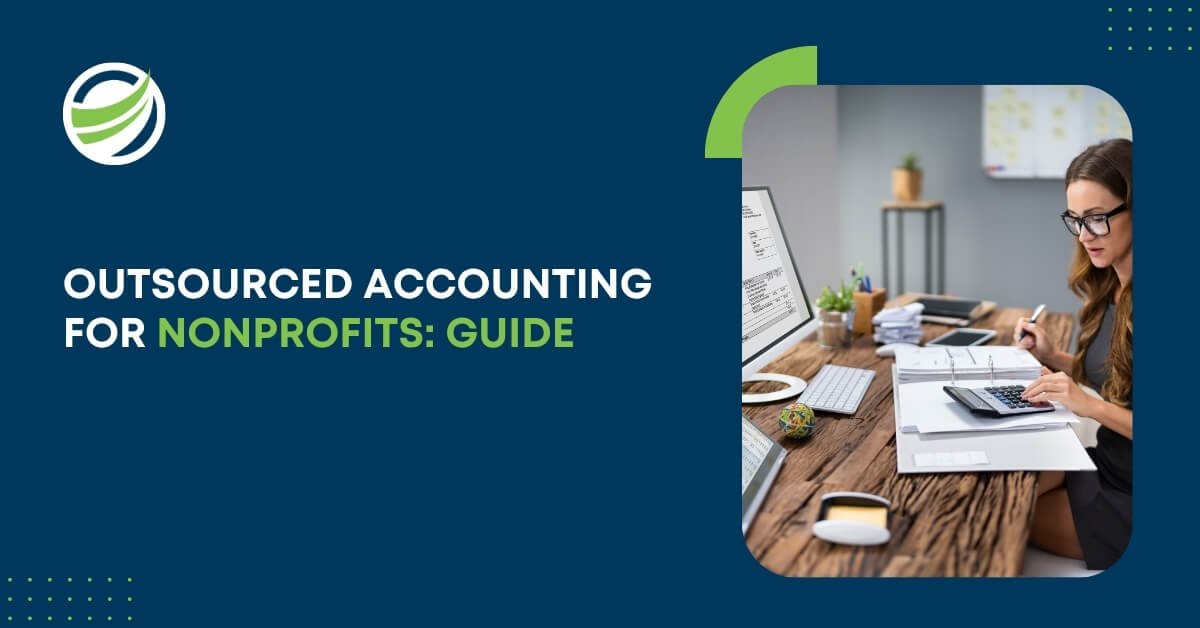
How Offshore Accountant Services Can Transform Your Firm
- Aesha Shah
- September 2, 2025
- 6 minutes
- Blogs
The financial landscape has shifted dramatically since the global pandemic, pushing businesses to rethink how they manage core operations. One of the most impactful changes has been the rise of the offshore accountant as a strategic partner.
By offshoring accounting processes, companies streamline operations, reduce overhead, and access highly skilled professionals at a fraction of local costs.
For many firms, the decision to hire offshore accountants is no longer just about savings, it’s about gaining access to reliable offshore partners who bring both technical expertise and scalability.
Understanding what is an offshore accountant and how these services work can be a turning point for firms seeking both efficiency and resilience. In this blog, we’ll explore the benefits of offshore accounting, the industries that stand to gain the most, and how adopting offshore solutions can strengthen decision-making while positioning your business for long-term success.
Key Takeaways
- Australian firms are leveraging offshore accountants for bookkeeping, payroll, and compliance, gaining skilled professionals at a fraction of local costs.
- Offshoring can cut overheads by up to 60%, freeing capital for growth and stronger financial controls.
- Offshore accounting services provide detailed reporting and insights that support smarter planning and budgeting.
- Tech-driven offshore bookkeeping services deliver automation, real-time access, and seamless collaboration.
- India, Vietnam, the Philippines, Sri Lanka, and Malaysia remain top destinations for offshore accounting talent.
Offshore Accounting: An Overview
Offshore accounting services enable businesses to delegate bookkeeping, payroll, BAS preparation, reporting, and compliance to skilled professionals abroad, delivering quality work at significantly lower costs than local hiring. For Australian firms, partnering with an offshore accountant ensures compliance with global standards like IFRS and AASB while overcoming talent shortages and rising wage pressures.
Key advantages include:
- Cost savings of up to 60% on overheads, freeing capital for reinvestment.
- India offers access to a vast pool of highly trained accounting professionals, including one of the world’s largest networks of Chartered Accountants and finance graduates.
- Stronger internal controls and faster reporting cycles.
- Reduced local hiring burden and training expenses.
- Allowing in-house teams to focus on strategy and growth.
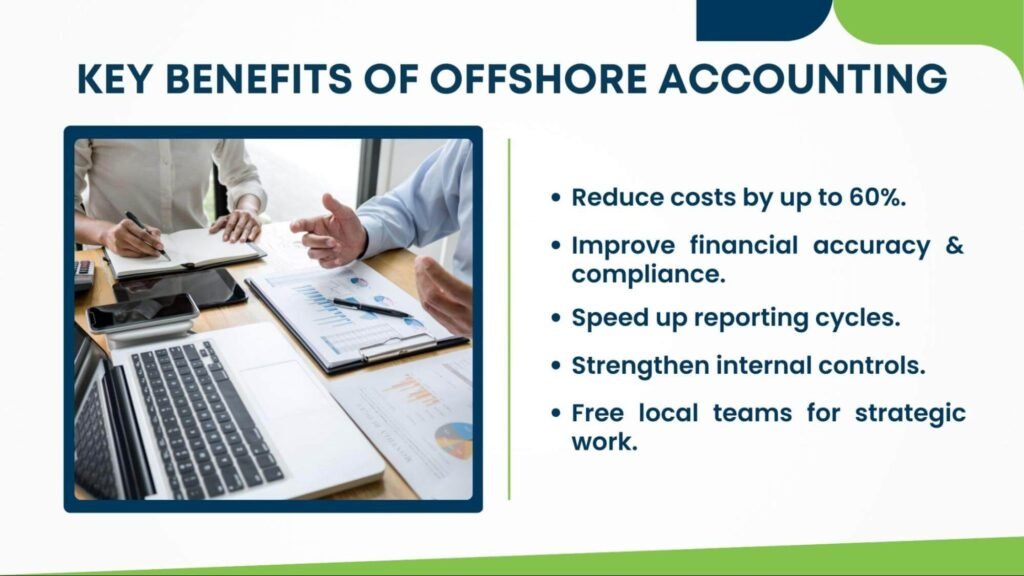
How Can Offshore Accounting Firms Help You?
Partnering with an offshore accountant gives businesses cost-effective access to skilled professionals who manage bookkeeping, payroll, tax compliance, SMSF and reporting. By leveraging global talent, firms improve accuracy, meet international standards, and scale without the overhead of expanding in-house finance teams.
Key ways offshore accounting firms add value include:
- Cutting Costs Efficiently: Save up to 60% on accounting operations by avoiding expenses tied to salaries, benefits, office space, and technology. Offshore firms deliver high-quality services at a fraction of local costs.
- Access to Skilled Professionals: Offshore accountants are trained in standards like AASB, IFRS, GAAP, and HMRC, often holding global certifications such as CPA, ACCA, or CA.
- Stronger Cash Flow Management: Accurate books, timely payments, and receivables tracking create predictable cash flow cycles and ensure sufficient liquidity for growth.
- In-depth Financial Reporting: Offshore accounting services, including CFO accounting services, provide customised KPI dashboards and profitability analysis, empowering better planning and strategic decisions.
- Tech-Driven Solutions: Using platforms like Xero, Zoho, QuickBooks, and NetSuite, offshore bookkeeping services automate tasks, reduce errors, and provide real-time access to financial data.
- Scalable Resources: Flexible models let you outsource anything from monthly bookkeeping to virtual CFO services, adjusting easily as your firm grows.
- Round-the-Clock Operations: With teams across time zones, tasks are completed overnight, shortening turnaround times and keeping business operations seamless.
Common Offshore Accounting Challenges Faced by Businesses
While working with an offshore accountant offers cost savings and access to global expertise, it also comes with challenges that firms must address proactively. Being aware of these hurdles allows businesses to plan better, safeguard compliance, and build stronger offshore partnerships.
Key challenges include:
- Cybersecurity Risks: Sharing financial data with offshore teams can expose businesses to potential breaches if providers lack robust protections like encryption, two-factor authentication, and routine security audits.
- Language and Cultural Barriers: Differences in communication styles, accents, and workplace culture may cause misunderstandings. Sensitivity training, SOPs, and clear documentation help bridge these gaps.
- Unclear Goals and Expectations: Offshore projects often fail when roles, deliverables, and KPIs aren’t clearly defined. Strong onboarding, detailed workflows, and regular progress reviews are essential.
- Regulatory and Compliance Issues: Offshore teams must understand local requirements such as BAS lodgement and ATO reporting, as well as international frameworks like IFRS, GAAP, and HMRC guidelines, to prevent compliance risks.
- Quality Control and Oversight: Distance makes monitoring more complex. Without review systems, dashboards, and real-time communication, small errors can escalate. Internal controls and automation ensure accountability.
A Step-by-Step Guide to Building Your Offshore Accounting Team
Building an offshore accounting team allows businesses to cut costs, improve efficiency, and tap into a vast pool of global financial expertise. With the right planning, even small and mid-sized firms can build a reliable team that delivers round-the-clock financial support without the overhead of hiring in-house.
Steps to build a successful offshore team:
- Set Clear Goals and Requirements: Define your offshoring objectives, whether it’s cutting costs, managing seasonal workload spikes, or enhancing efficiency. Identify specific functions like bookkeeping, accounts payable, payroll, or tax filing.
- Select the Right Offshore Provider: Research firms with proven expertise, strong client portfolios, and familiarity with your country’s accounting standards. This ensures accurate, compliant, and high-quality delivery.
- Implement Strong Communication Protocols: Use tools like Zoom for weekly reviews, Slack for daily updates, and task managers like Asana or Trello. Define clear reporting guidelines, turnaround times, and feedback processes.
- Equip with Essential Tech and Infrastructure: Provide access to cloud-based tools like Xero, QuickBooks Online, or NetSuite. Secure collaboration with VPNs and multi-factor authentication, and ensure system integration to prevent delays or duplication.
Train and Onboard Your Offshore Team: Align offshore staff with your workflows, SOPs, and compliance policies. Use video training, live sessions, and structured onboarding to build long-term accuracy and efficiency.
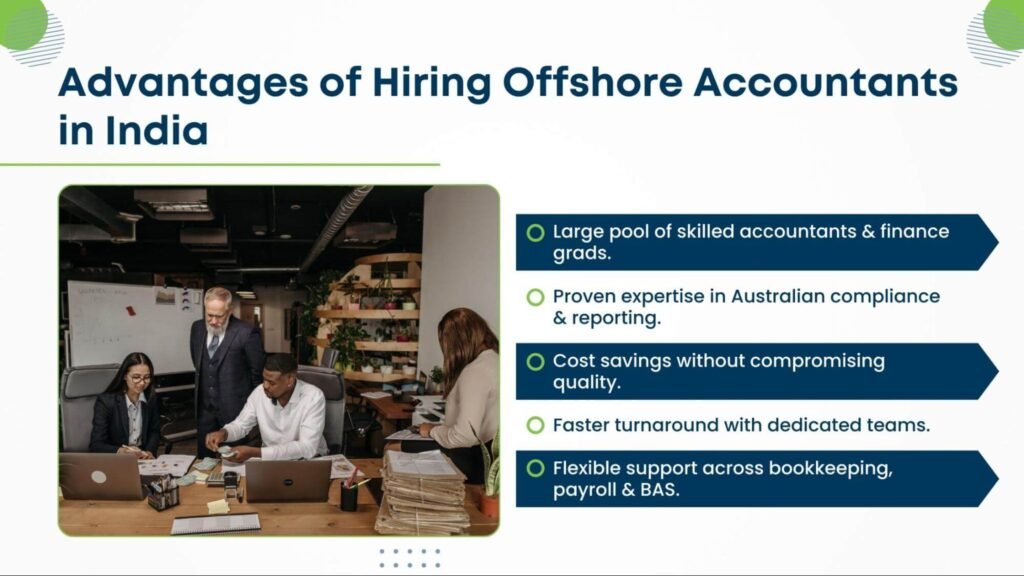
Best Country to Set Up Your Offshore Accounting Team
When it comes to offshore accounting services, India consistently ranks as the top choice for Australian businesses. With a vast pool of finance planning professionals, cost efficiency, and strong regulatory frameworks, India has become the go-to hub for global companies seeking reliable offshore accounting support.
Why India Leads in Offshore Accounting:
- Unmatched Talent Pool: Over 400,000 Chartered Accountants and nearly 985,000 students enrolled in CA programs by 2025 ensure a steady pipeline of skilled professionals.
- Global Standards: Accountants are well-trained in IFRS and AASB guidelines, ensuring compliance with international reporting requirements.
- Cost Savings: Businesses can save up to 60% on overheads, freeing resources for growth and innovation.
- Strong Infrastructure: A mature outsourcing ecosystem and advanced IT capabilities support seamless operations.
- Strategic Value: Offshore accountants in India go beyond bookkeeping, delivering financial insights that enhance decision-making and business resilience.
With its unmatched talent pool, India remains the top destination for businesses looking to hire offshore accountants who are well-versed in international financial reporting standards.
Conclusion
Offshore accounting services give businesses the ability to lower costs, improve accuracy, and strengthen compliance with global standards. By accessing skilled professionals in cost-efficient markets like India, companies can achieve greater flexibility, scalability, and operational efficiency. This shift allows in-house teams to dedicate more time to strategic initiatives and business growth rather than routine financial tasks.
That said, the true success of offshoring lies in choosing the right partner. An experienced, versatile, and credible provider of offshore accounting services ensures not just smooth operations but also long-term value creation. With the right collaboration, businesses can unlock the full potential of outsourcing while safeguarding accuracy, compliance, and trust.





